I recently had the opportunity to interview Karen Hicks, a herding breed-lover that works with the Carolina ACD Rescue and Rebound. I first met Karen in an agility class I was taking with my dog June. Karen was running her cattle dog, Miss Jane, and I could tell her love for not only that dog, but that breed, was deep. Miss Jane and her canine siblings, Daisy (Australian shepherd) and Milo (red heeler), were given multiple energy outlets in sports and activities and lived the good life on Karen’s farm. Then Karen gave me the opportunity and privilege of fostering a blue heeler named Slider through the rescue program. Slider was a sweet soul that had been let down by humans. We fostered him for about four months and watched him blossom into this goofy, happy-go-lucky dog and we were able to find him a wonderful home where he is spoiled rotten and living a life of luxury! Sharing a heart for rescue dogs, Karen and I discussed the benefits and hardships of the dog rescue world.
What rescue do you work with and how long have you served them?
I am the adoption coordinator for Carolina ACD Rescue and Rebound and have volunteered with this awesome rescue for about 4 years. We are foster-based and our foster homes are our most valuable resource. We are also breed specific, Australian Cattle Dogs, which are a gritty and sometimes tough breed.
What tugs your heart to this rescue and/or rescue in general?
Dogs are extremely resilient creatures, but cruelty and neglect do take their toll. We owe them better. The senior dogs really tug at my heart strings.
Do you have any personal pets?
I personally have a blue heeler, Miss Jane, a red heeler, Milo, and an Australian Shepherd, Daisy. I always encourage folks to engage these herding breeds in a dog sport, like agility, to engage their big brains and create a great bonding experience.
Can you describe the similarities and differences of rescues and animal shelters?
Adopting from a reputable rescue has so many advantages. These dogs have been in a foster home where they have been trained, socialized and loved. Plus we can tell you any quirks or issues this dog may have: not good with cats, high prey drive, etc. The shelters work incredibly hard and do what they can, but they can’t always provide a dog with that much personal attention.
Walk us through the rescue/foster/adoption process from the moment you find a dog in need to hopefully finding that dog a forever home.
Since we are breed specific, we like to have pictures of the dog first, as a board of six members, we vote to intake based on the availability of a foster home and temperament of the dog. We typically can’t take a dog with a bite history. A dog remains in a foster home for at least two weeks, some require much longer and when it’s acceptable for adoption we list them on our website and PetFinder with pictures and a detailed bio. We scan applications carefully, trying to find the best fit possible for both dog and people, run all references and then conduct a home visit. If all this pans out, we vote to approve adoption, arrange transport and a meet and greet if necessary and finally, place that dog in it’s forever home. We do require a signed contract and an adoption fee based on the age and health of that pup. We love updates!
What are three pieces of information you wish every potential adopter knew?
No dog is perfect, we often do not have a background for dogs unless they are owner surrendered and it will take time for each dog to relax and enjoy his new home. They are like us, different personalities with different needs. Fostering is not an easy task, it challenges your household and your own pack. Everyone in the home MUST be on board. VERY slow introductions to your dogs and family are a must.

Many people who would make great fosters hesitate because of the difficulties in caring for a dog that’s “not technically yours.” Or “they’d never be able to give them up.” Why do you think people should be open to fostering dogs even if the situation isn’t permanent?
Fostering is an opportunity to prepare a good dog to find a great home. There’s a lot of satisfaction in knowing you are a stepping stone to changing a dog’s life for the better. I fostered many and was sad to see them go but happier knowing I helped find a forever home.
What would someone need in preparation for fostering a rescue?
When I fostered, my dogs wore a leash for a week or so, so I could stop any bad behavior that might come up. Arranging an obedience class and socializing the pup is a great segue to entering a new home. Essentially, you’re giving them the experience of living in a home, with a family.
If someone isn’t in a position to rescue or foster, are there any ways that they can still help local rescues?
If you aren’t in a position to foster or adopt, obviously donations are always appreciated. We have a fundraiser once a year and sell some very nice calendars. Shelters can always use towels, bedding, leashes, etc. As a rescue, we vet, spay, neuter and provide any medical attention a dog requires. Please support your local Humane Societies and shelters.
Any other information about ACDR or rescues in general that you’d like to share with our readers?
The relationship between man and dog is unique and beautiful. They circle three times and lay down in your heart!

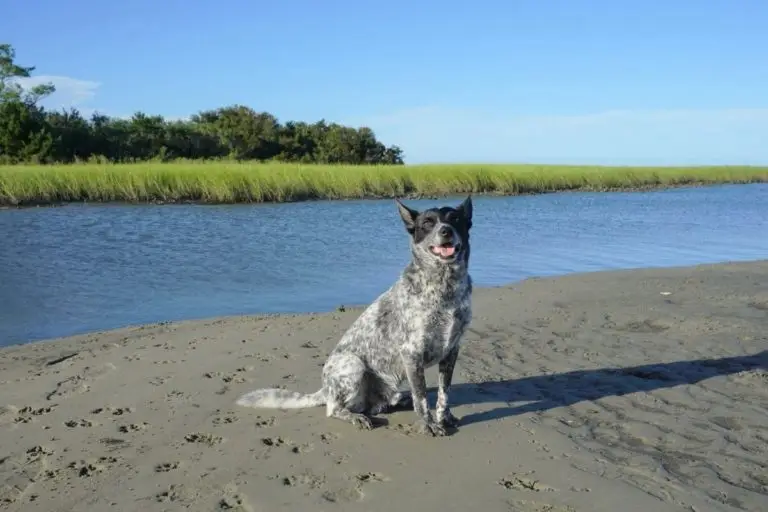
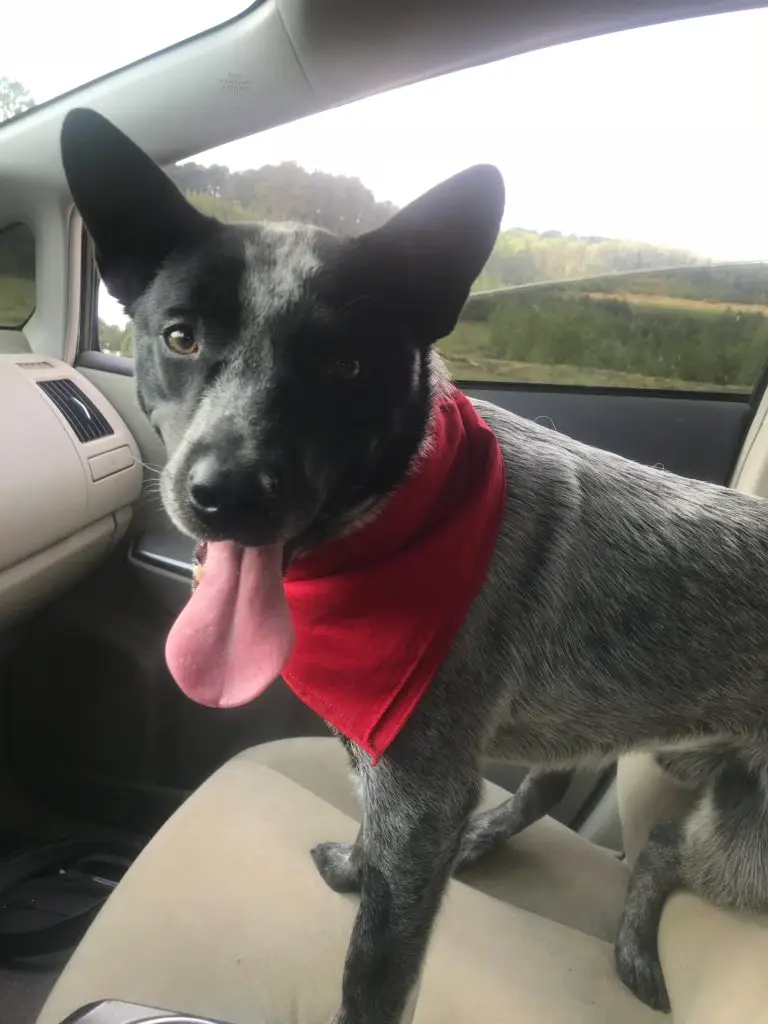
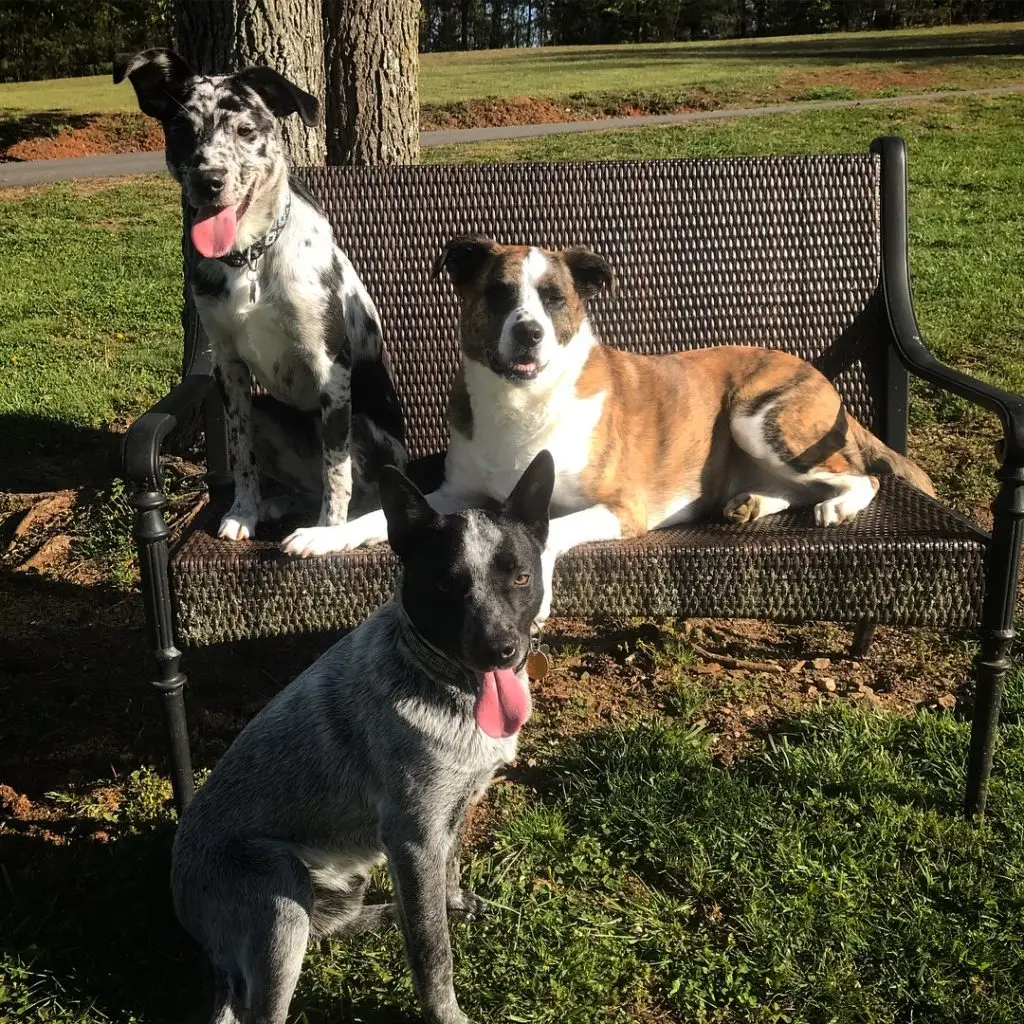
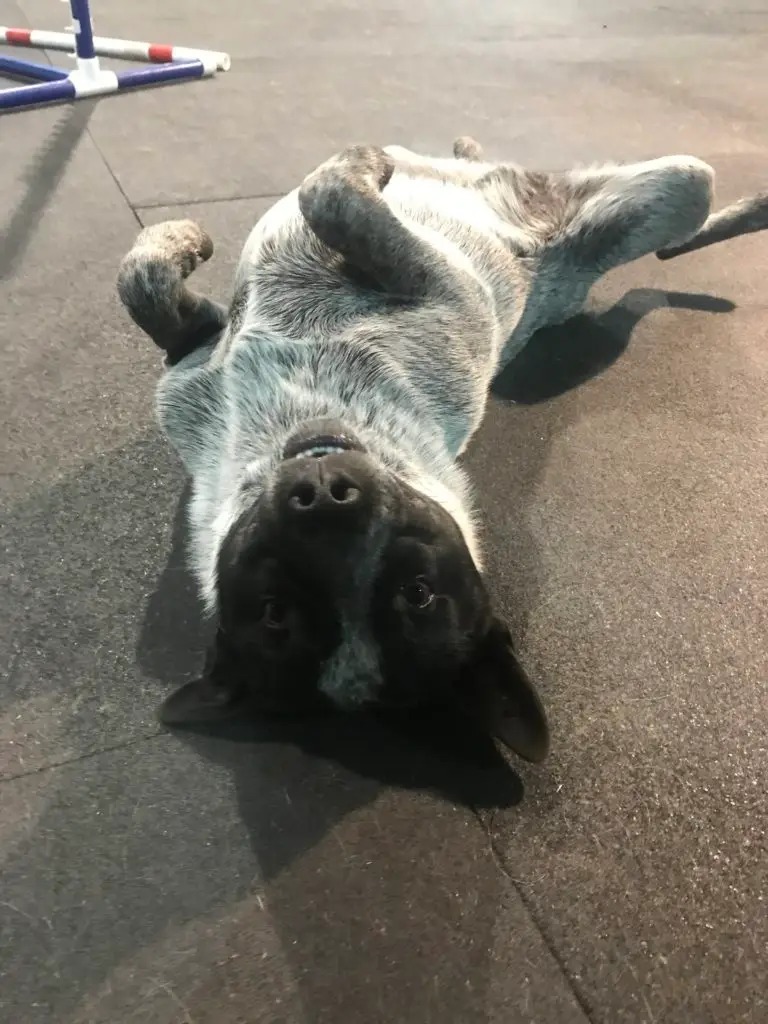
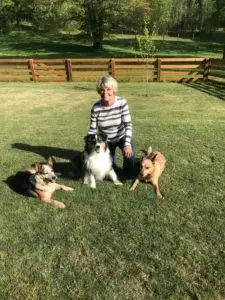
One Response
I have the pleasure of working on the board of this awesome rescue with Karen! Rescue is not always easy, but it is so worth it. Especially when you have wonderful people like Karen on your team!